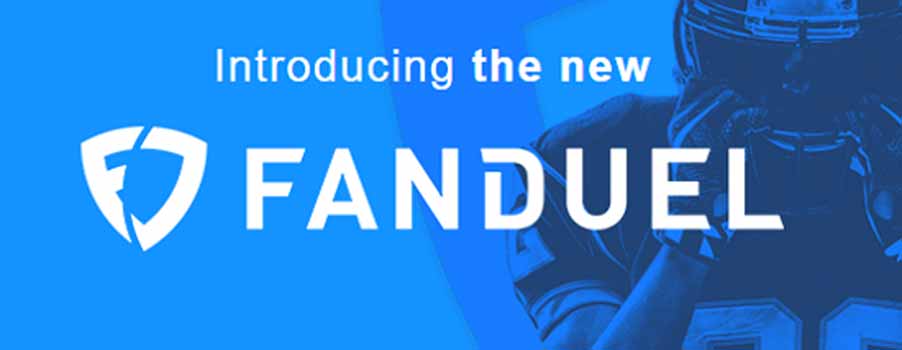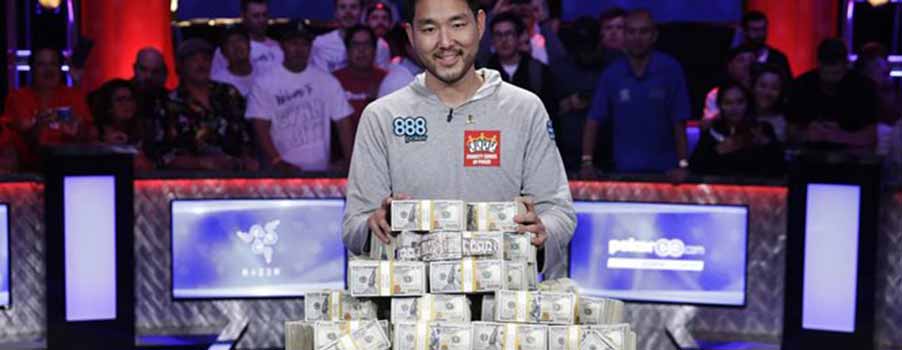The Olympic Esports Forum that was held on Saturday in Lausanne, Switzerland kicked off with opening remarks from Patrick Baumann, the president of the Global Association of International Sports Federations (GAISF). In his welcome speech, he said the main objective of the forum was to “build a joint understanding between the Esports community and the Olympic movement,” that involves structure and values that would set “the platform for joint engagement.”
He also pointed out that many of the stakeholders were considering the most “mutually beneficial” steps that could be taken to forward the agenda of taking Esports to the next level.
The Esports Forum majorly focused on the areas of commonality and those that offered opportunities for collaboration. This included discussions about whether Esports could be eventually recognized as a sport as well as the form that would best suit its representation within the Olympic Movement.
As it stands, there are no official organizations representing the global Esports industry and this makes it rather difficult for Esports to align itself with the Olympic values, rules, and regulations. Therefore, the forum recognized that ensuring this would be a lengthy process and so the consideration of whether Esports could be added into the Olympic program was not an immediate goal.
More than 150 representatives from various Esports and gaming companies participated alongside a large number of players, teams, publishers, sponsors, media and sponsors as well as officials from the International Sports Federation, National Olympic Committees, the International Olympic Committee and Global Association of International Sports Federations. Also in attendance were a decent number of athletes and broadcasters. Former professional basketball player, Rick Fox acted as the forum’s host moderator.
Calls for Inclusion of More Women in Esports
Among the stakeholder that attended the forum was a panel that was specifically focused on gender equality in various sectors of the Esports industry. Panelist discussed the challenges that both traditional sports and Esports have in common with regards to gender inequality.
“Women make up about 25% of the Esports player base, so why aren’t they in the top?” asked PMS Clan founder and director at Twitch, Amber Dalton. “The fact is boys start much, much earlier. I believe if we can get girls early, playing as long as boys do, we’ll get women playing […] Women and girls simply aren’t getting that exposure. We need amateur leagues to build them up for pro events later.”
These efforts are clearly a nod to the numerous female Esports teams that exist at the moment. They include an all-female Counter-Strike: Global Offensive team known as Team Dignitas which was the first female team to win a championship for the Dignitas Organization.
“I think what’s great about esports is that we have an eco-system here where anybody can put together a tournament. There are tools and platforms available for female players to set up their own tournaments,” BITKRAFT Esports founding partner Jens Hilgers said.










